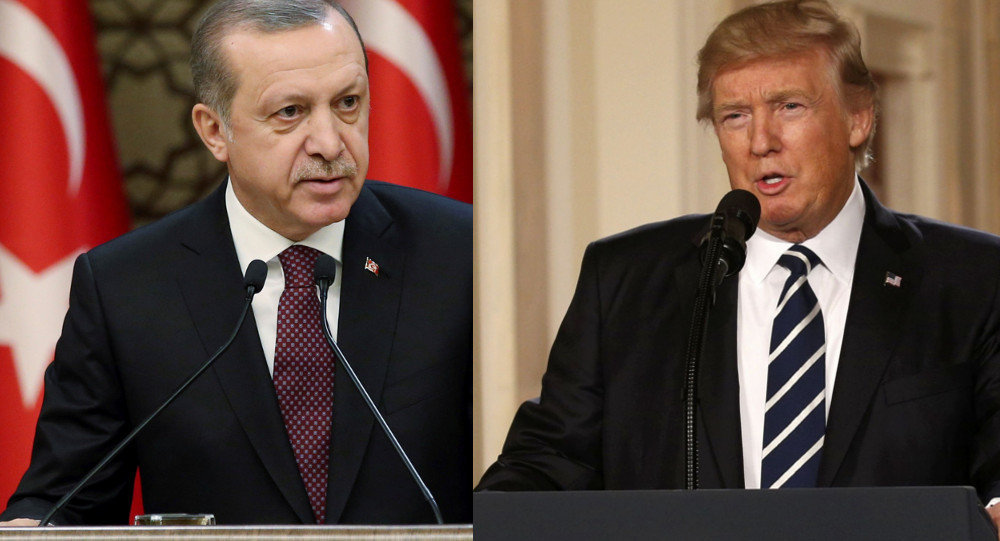Calling Jerusalem The Israeli Capital Will Draw Muslim Anger, Turkey Warns President Trump Against Crossing ‘RED LINE’
Published on December 6, 2017 at 11:53 AM by FACE OF MALAWI
Trump will announce Wednesday that the U.S. will recognize Jerusalem as the capital of Israel and will move the U.S. embassy there, senior administration officials said.
Speaking to CNBC at the NATO Foreign Ministers Meeting in Brussels, Belgium, Cavusoglu said: “Israel is trying to normalize relations with other Muslim countries, so it will not serve Israel well. I hope there will be no such decision by President Trump.”
The Turkish foreign minister added that he viewed a move by Washington to recognize Jerusalem as Israel’s capital would be against the law.
“This can go as far as severing Turkey’s ties with Israel. I am warning the United States not to take such a step which will deepen the problems in the region,” Cavusoglu said. “We have to warn the United States that such a decision will be against the U.N. resolutions and international law and international agreements.”
“As one of the P5 countries, I think the U.S. should respect UN resolutions more than anyone else,” added the minister.
After the 1967 Middle East war, Israel claimed Jerusalem as its capital. The declaration is not recognized internationally and Palestinians say Jerusalem will be the capital of their future state.
In comments reported earlier by Reuters, Turkish President Tayyip Erdogan told a parliamentary meeting that any move by Trump to consider Jerusalem as solely Israeli could see Turkey ending ties with Israel.
“Mr. Trump, Jerusalem is the red line of Muslims,” Erdogan said.
Reuters also reported that some officers in the U.S. State Department were deeply concerned that a Trump declaration favoring Jerusalem would trigger unrest in the region.
Another area of foreign policy that Turkey disagrees with is the threat by the U.S. to withdraw its support for the 2015 deal that relaxed sanctions on Iran in exchange for restricted nuclear activity. The Trump administration has claimed that Iran is not sticking to the terms of the deal.
Turkish foreign minister Cavusoglu said the United States must continue to back the agreement that had worldwide backing.
“There is a deal and we support that. Not only the U.S. and Iran signed that deal, it was P5+1. The EU was also engaged.”



